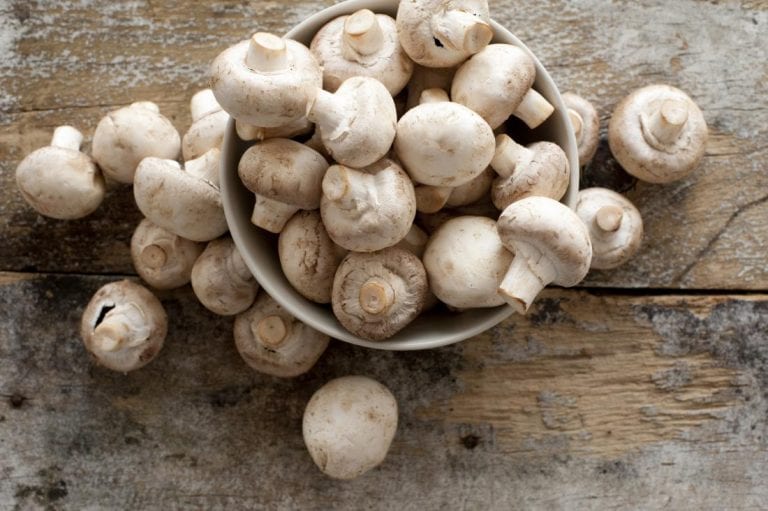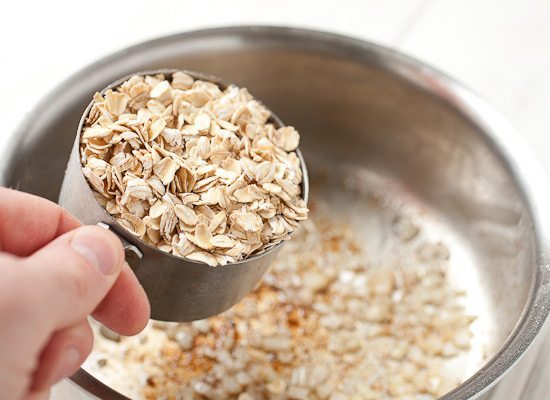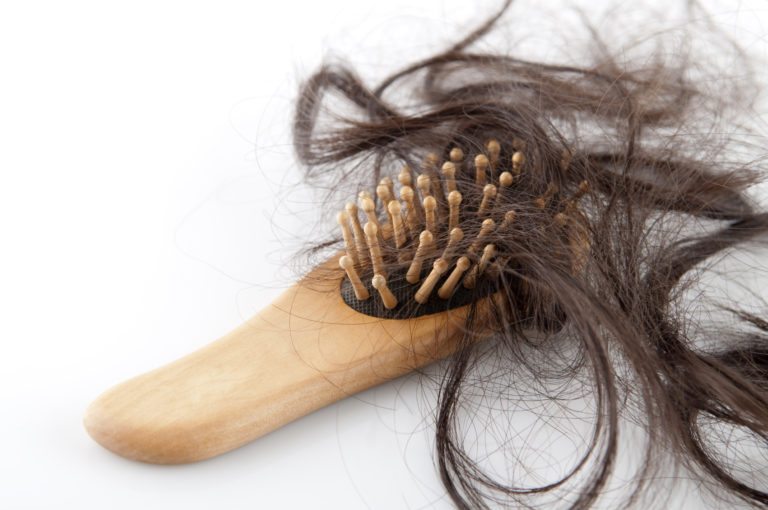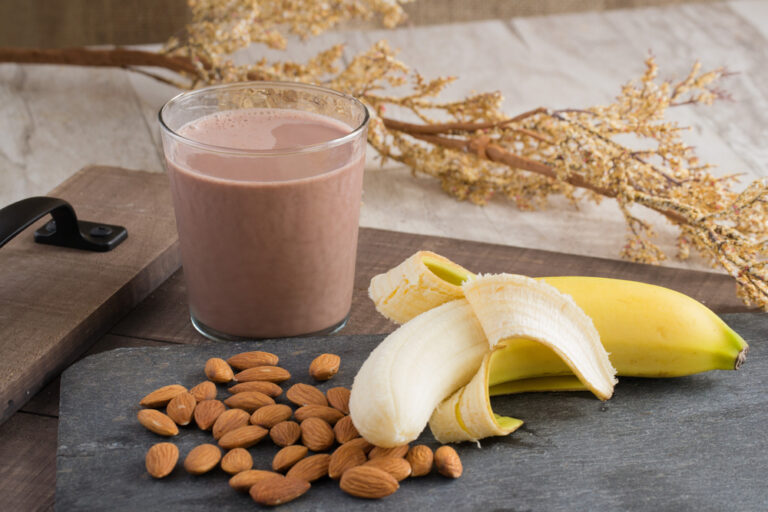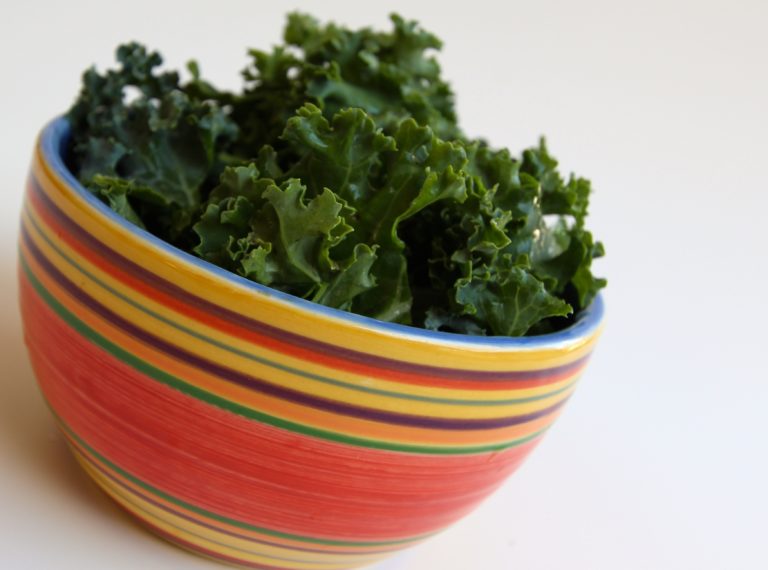
We all know that bloated, uncomfortable, nauseated feeling after eating something that doesn’t quite seem to agree with us. However, just because indigestion is a common health issue doesn’t mean it’s always benign. In fact, those unpleasant symptoms you’ve been attributing to heavy meals could be hinting at a much more serious condition, like an ulcer or autoimmune disease. If you’re struggling with indigestion on a regular basis, read on to discover what could be causing that discomfort.
You have GERD.
If you experience indigestion that causes heartburn and reflux, it may be gastroesophageal reflux disease, commonly known as GERD. This condition, which can cause painful burning in your upper digestive tract, happens when food flows back up into your esophagus when the esophageal sphincter doesn’t close properly during digestion.
And while GERD causes little more than discomfort for many people, the American Society for Gastrointestinal Endoscopy reports that between 10 and 15 percent of GERD sufferers will develop Barrett’s esophagus, changes in the esophageal lining that are a common precursor to esophageal cancer.
You have an ulcer.
According to a 2010 study published in Therapeutic Advances in Gastroenterology, roughly 10 percent of patients evaluated for indigestion are found to have peptic ulcers. These open sores on the inside of your intestinal lining can cause pain, heartburn, and reflux, in addition to indigestion.
Patients describe the sensation caused by ulcers as being like a burning or gnawing pain in the central abdomen, so be sure to talk to your doctor if you experience this symptom, as ulcers can lead to gastrointestinal bleeding, intestinal perforations, and serious infections.
You have celiac disease.
Celiac disease is marked by an intolerance to gluten, a protein commonly found in grains including wheat, rye, and barley. According to the Mayo Clinic, people with celiac disease often endure damage to the lining of the small intestine, which leads to malabsorption of certain nutrients, as well as inflammation that stokes indigestion.
If you suspect you may have celiac disease, try cutting out wheat for a week to see if your symptoms improve. If you’re still not feeling any better, make sure to check in with your doctor.
You need less fat in your diet.
You’re not alone if you find your indigestion symptoms are at their worst after wolfing down a burger and fries. A 2016 review of research in the journal Advanced Biomedical Research determined that fatty foods exacerbate the symptoms of indigestion. Patients regularly experienced unpleasant fullness, bloating, nausea, and upper gastrointestinal symptoms after eating fatty meals.
You’re overeating or eating too quickly.
Unsurprisingly, overeating or eating too quickly are common causes of chronic or recurrent indigestion. According to a 2010 study in the International Journal of Obesity, binge eating in particular is associated with acid regurgitation, heartburn, dysphagia, bloating, diarrhea, constipation, and abdominal pain.
You have gastritis.
Gastritis is a condition characterized by gastric inflammation, and as the inflammation wears on the stomach lining, it can cause symptoms like pain, bloating, upset stomach, vomiting, and—you guessed it—indigestion. According to the Mayo Clinic, you should see a doctor if your symptoms last for a week or longer, as untreated gastritis can lead to stomach ulcers and other potentially serious complications.
You have stomach cancer.
According to the American Cancer Society, indigestion is on the list of detectable signs of stomach cancer all people should look out for. While this and many other symptoms—like vomiting, nausea, abdominal pain, a feeling of fullness, and heartburn—can be attributed to more common illnesses like gastritis or food poisoning, it’s always worth speaking to your doctor to rule out more serious conditions if your symptoms persist.







